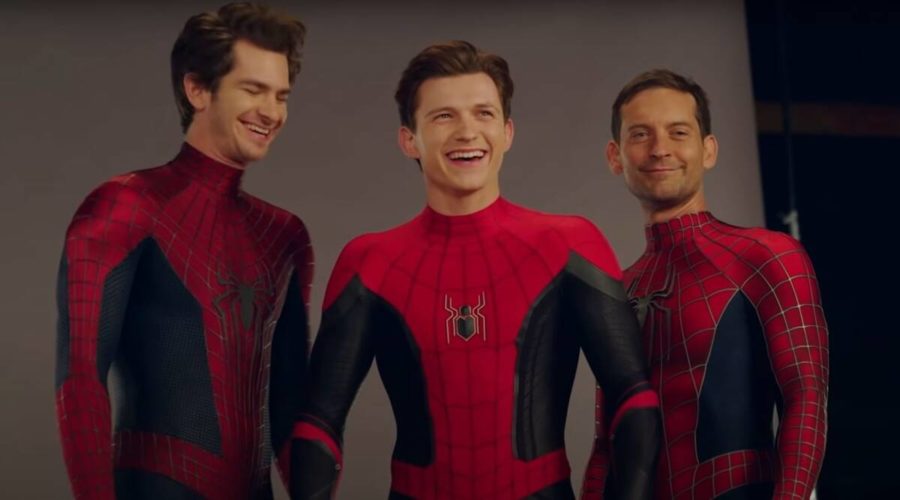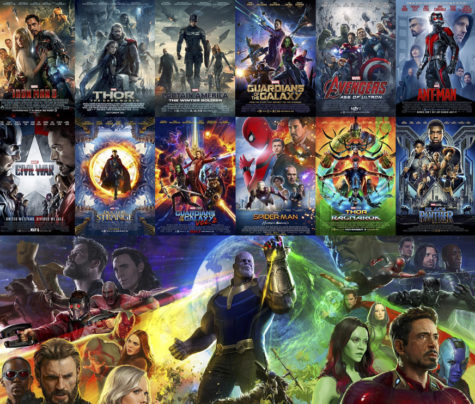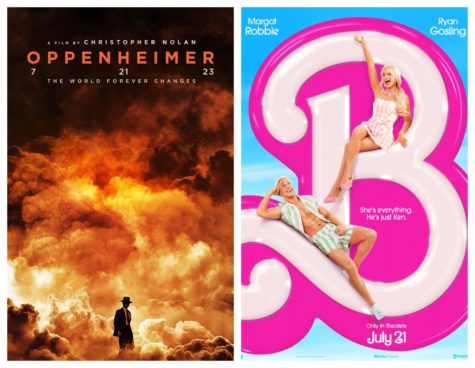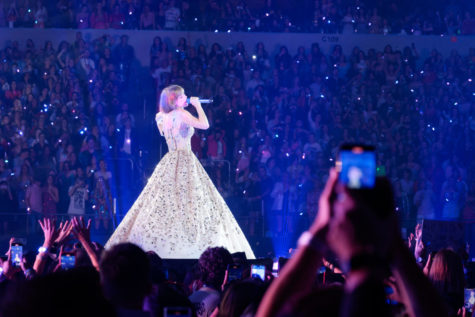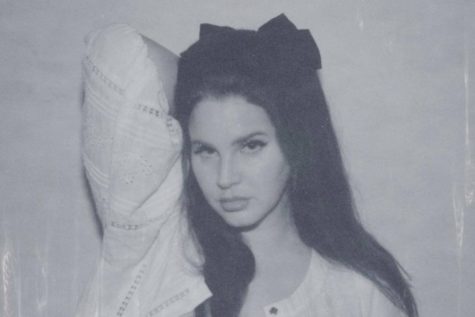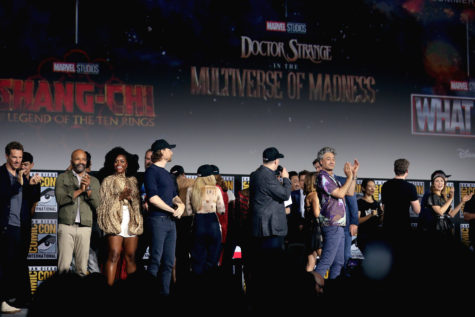Hollywood’s overreliance on nostalgia and cameos
Why are we so inclined to remember movies rather than support new ones?
The Three Spider-Man (Tom Holland, Andrew Garfield, and Tobey Maguire) embodying the excitement for nostalgia.
One of the most exquisite abilities of the human race is our ability to relive the memories of the past. Good memories or even bad memories inflict an emotion within us that might remind us of a time when things were simpler, or in some cases, where life was hard, and we can appreciate how far we’ve come.
Hollywood as a business recognizes the power nostalgia can hold over audiences and has capitalized on it. Like never before, Hollywood is at a stage where sequels to old films are becoming the norm and the ability to create something new is becoming ever-so-dull.
The most important aspect of any film is the call to make a profit, and these sequels, reboots, and remakes of popular movies from the past are certainly making a big dent in the box office. For example, “The Lion King” had a live-action remake in 2019 that made significantly more money ($1.633 billion) than the original film did in 1994 ($833 million), even adjusted for inflation.
“I think that remakes and reboots are cash grabs 90% of the time,” sophomore Luke Przepiora said. “It seems as if reboots usually rely on nostalgia rather than a focused individual story.”
Remakes tend to put off creating new storylines for iconic characters due to the fear of offending original fans and instead put the characters through the same story arc–essentially making them extremely static, and as a result, boring. The recent Star Wars trilogy has been under heavy scrutiny for this with “The Force Awakens” essentially going over major themes similar to 1977’s “A New Hope” and therefore being described as unoriginal.

“Keep the film unique enough so that it doesn’t rely on previous films to be a good film,” senior Christian Rios said. “If it’s solely to remake an already good film, then don’t remake it.”
Corresponding with this obsession with the past, cameos have become a major marketing technique within the film industry. The Marvel Cinematic Universe is a big example of this, with multiple films including “Spider-Man No Way Home” and “Doctor Strange in the Multiverse of Madness” encouraging speculation on who might appear in their films.
However, in the public eye, this is what the fans are most satisfied with when reviewing the films. Wiregrass Ranch teacher Cynthia Hassett agreed that the majority of moviegoers are satisfied with the potential of big-name actors cameoing in films.
“It’s what people like and want right now,” Hassett said. “Hollywood is listening and as long as they don’t rush the process, the result should be good enough that the audience continues to want more.”
Even in the case of reboots or cash-grabbing sequels, some films have shown that there is a continued story to be told with these characters from long ago. Most recently, “Top Gun: Maverick”, thirty-six years after the original, wowed audiences with a whopping 96% on Rotten Tomatoes and earned a total of $1.485 billion at the box office.

Hollywood has proved with the success of “Top Gun: Maverick” that it does have the ability to tell a magnificent story years after the original and possibly usurp it. The specific uses of cameos in Marvel’s “No Way Home”, was also praised by the general public. However, what directors need to realize is that these examples incorporate new themes and story lines rather than relying simply on nostalgia.
The more Hollywood funds these remakes, reboots, or sequels, the less they fund original movies today. This leads to fewer people of the current generation finding new films to become nostalgic about in the future. In this case with Hollywood, the past is going to start running out of ways to help us in the present.
Your donation will support the student journalists of Wiregrass Ranch High School. Your contribution will allow us to purchase equipment and cover our annual website hosting costs.

Zack is a senior at Wiregrass Ranch and this is his first year writing for The Stampede. He is the president of Movie Club at the Ranch. Outside of school,...

